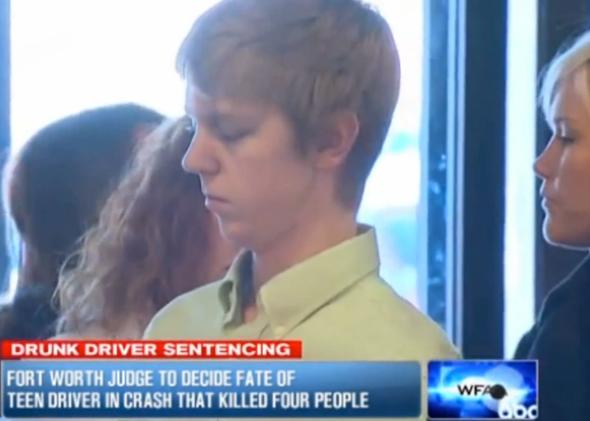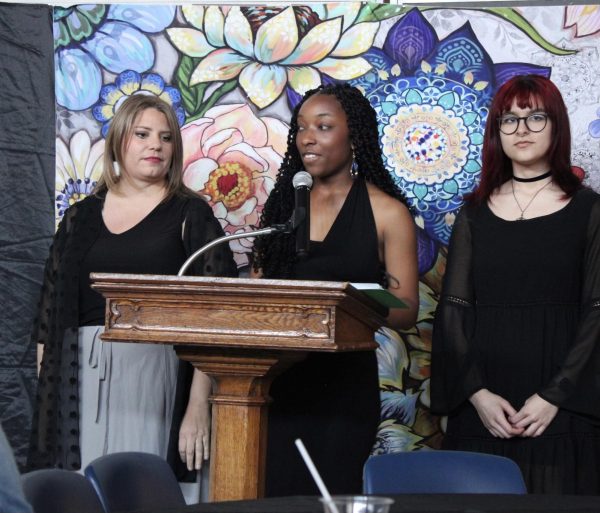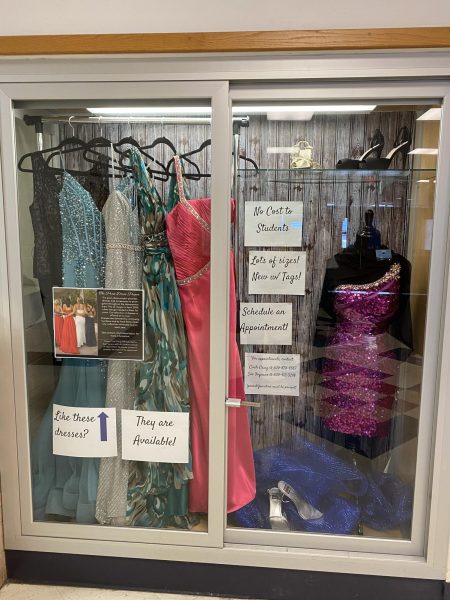Texas Teen Avoids Jail Time because of “Affluenza”
The “affluenza defense” inspires fiery debate across the nation

Screenshot from ABC affiliate WFAA
Imagine losing two loved ones at the same time. This is what one man had to go through when 16 year old Texas teen Ethan Couch killed four people, Breanna Mitchell, Brian Jennings, Hollie Boyles, and Shelby Boyles while driving drunk after stealing alcohol from his father’s company.
Now imagine that the person who did it got off without serving jail time because his parents didn’t teach him that there were consequences for his actions.
Seriously? Yes, that just happened.
Couch’s blood alcohol concentration (BAC)was three times over the legal limit and traces of THC and valium were found in his blood. When his case was brought to the court, he was given only ten months of probation and a couple of months in a top of the line alcohol rehab facility.
The defense’s case? Couch suffered from “affluenza”, a term defined as a “psychological disorder” found in wealthy privileged children that causes them to not have a sense of right and wrong.
But the question is this: “Is affluenza a real thing or simply a fabricated term used as an excuse to let people get away with making bad decisions?” Furthermore, will it become a dangerous new trend to bail privileged teens out of receiving punishment for poor decisions?
Junior Alyssa Worrell feels that this idea of affluenza is just fabricated. ‘
“Affluenza is just an excuse for rich kids to get away with doing what they want. It shows that if you have enough money you can buy off anyone and that shows how corrupt the system is,” she said. “The verdict is just feeding into the affluenza excuse which will lead people to use it more and more.”
Junior Jake Zolda also thinks its made up and is just used as an excuse for privileged kids to get away with making reckless decisions.
“People will abuse it, and it’ll be bad for the system,” he said.
Junior Matt Jank was outraged by the ruling of the case.
“There’s no way affluenza is a real thing. Just because you have money doesn’t blur your sense of right and wrong. People will just continue to use this as an excuse to make bad decisions.”
Officer Sean Grasso, the school resource officer, shared his insights from the perspective of someone involved in law enforcement. He, too, has been following the case.
“I don’t think this affluenza argument will become a trend because of the backlash its receiving from the nation. I think authorities will make sure that something like this doesn’t happen again. If [Couch] doesn’t realize there’s consequences, prison will fix that, and its upsetting that he’s getting way with it. People need to realize that with bad decisions come consequences, especially juveniles,” he said.
Grasso noted, though, that juveniles are susceptible to acting without full awareness of the consequences. In his experience, many adults who commit crimes know that, if they get caught, they will have to answer for what they did. Because many teenagers are not fully mature yet, he does believe that some do not fully consider the consequences before they act. However, in Couch’s case, such behavior came at a very high cost, regardless of whether he thought it through or not.
Because this is the first large-scale case in which this defense has been used, time will tell if this has set a precedent or if the protest against it will silence this defense.










